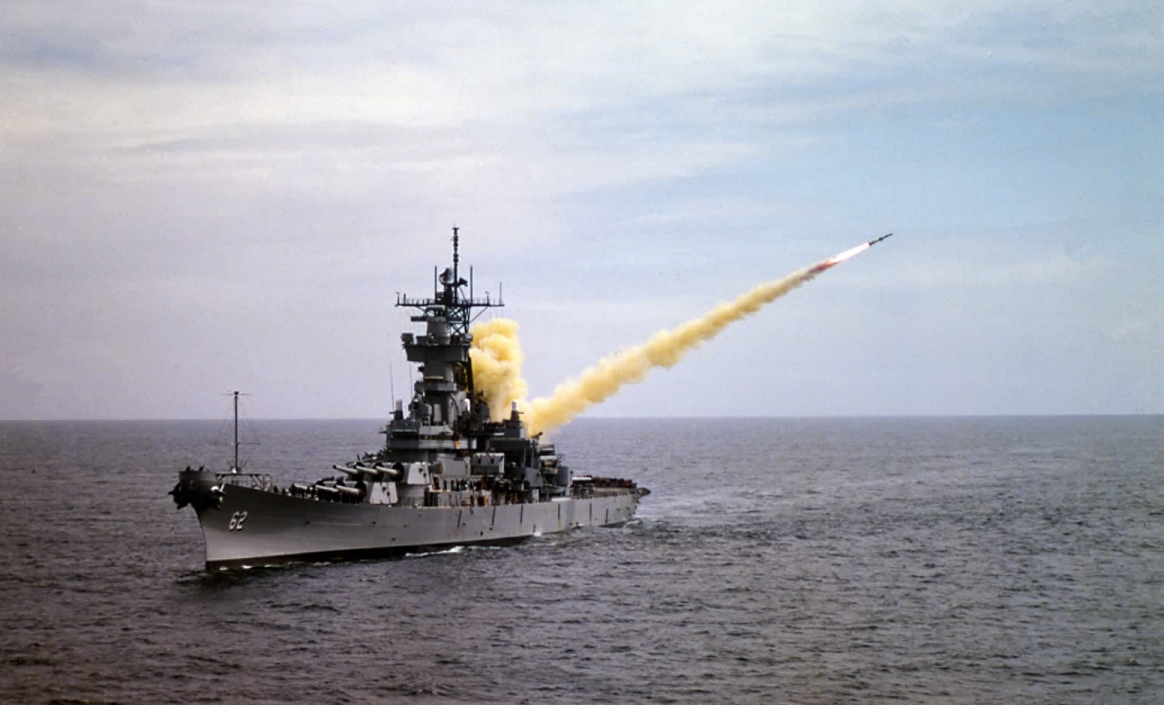...
Busy week for Jihadis and those that love them.
 |
Respect your enemy - this dude had courage
and commitment |
For at least the eighth time, Alabama born rapping jihadi Omar Hammami has been declared dead. As you might have heard (if you are so pathetic that your life includes paying attention to such things), he had a major falling out with the leader of the al-Shabab organization for which he has previously been a fairly effective field commander in Somalia, and they've been aggressively trying to kill him as part of a purge of “foreign fighters”. In June he reported via his Twitter account that he had been “shot in the neck” but was, apparently, not dead and he went into hiding immediately afterward.
The FBI had him on its Most Wanted list, which seems somewhat silly as he was fighting in the seemingly endless Somali civil war and not really doing anything the FBI should care deeply about. For that matter, it certainly seems as if al Shabab head Moktar Ali Zubeyr missed a significant funding opportunity if he simply killed Hammami and buried him in the desert, as has been reported. The FBI was offering $5 million dollars for him - seems like that would have been a good trade-off for the organization.
At any rate, to whatever extent the world is better off rid of him, I will miss him for the entertainment value he brought to an otherwise mundane on-again off-again African bush war. And while they apparently neither supported nor understood his life’s work, his family misses him too. In his fathers words, "If he indeed died, he died fighting for his principles, whatever they are."
 |
Fighting Jihad with AKs and VHS tapes
since 1988 |
This was also the week with another anniversary of the 9/11 attacks, so that means another audio only missive from the worlds favorite terrorist surgeon, Ayman al-Zawahiri. Much of core al-Quaeda in the Pakistani hinterlands have been decimated by fighting in Afghanistan and American drone strikes, but Zawahiri just goes on, in sole command of the remaining organization now that his partner Osama bin-Laden has gone to his reward.
While bin-Laden was fixated on very large, spectacular attacks, from the USS Cole bombing to the African Embassy attacks, culminating in the 9/11 hijackings and attacks on New York and Washington, Zawahiri seems to be more pragmatic, cognizant of the reduced operational and financial resources available after more than a decade of relentless attacks by the global counter-terror forces. And sure enough, in his message commemorating 9/11 he called for small-scale “lone wolf” attacks within the United States. His premise, essentially accurate, is that these sorts of attacks, car bombs and random shootings, would have a powerful negative impact on the American economy, making the US weaker as we dedicated more and more resources and stripped away ever more civil rights trying to prevent these kinds of attacks.
Indeed, in light of the Snowden NSA surveillance revelations, al-Quaeda terrorists have to acknowledge that their organizational options are significantly reduced as they must work without cell phones, email and web-based organizing and communication tools. But ever since 9/11, I have been very surprised that organized Islamic terrorist groups haven’t adopted this kind of tactical doctrine against the United States. There is no doubt that a steady drumbeat of two widely geographically diverse small-bore attacks a month, even with minimal loss of life, would create an outpouring of insanity in American society that would utterly transform the culture and the economy. The main reason that Americans are so generally comfortable with waging war around the world is that those wars never happen in our cities and towns - they are always thousands of miles away. You bring even a low level guerrilla conflict to US soil and things will get ugly and stupid very quickly.
 |
The US must end these drone attacks
immediately. (Wink. Wink) |
Meanwhile, in Pakistan, the spokesman for the Foreign Office, Aizaz Chaudhry announced that Pakistan will be taking the issue of US drone strikes to the UN. I’m still quite sceptical. It’s true that Nawaz Sharif based much of his campaign on resistance to American bombing of Pakistani territory, and it’s also true that Zardari has been willing to play a classic double game of publicly denouncing drone attacks while secretly authorizing and even encouraging them. But it’s also true that if the Pakistani government and military leadership sees the aerial bombardment of their land as a violations of their sovereignty, they should be using their well developed air defense capability to at least try to prevent the foreign attacks. As long as they refuse to do so, one can reasonably conclude that they are more interested in keeping the US funds flowing and paying lip service to political realities while permitting the US to bomb targets in the Tribal Areas.
So what does the UN complaint mean? And what can the UNSC actually do when America holds a veto? It’s worth recognizing that the drone bombings in Pakistan have very little, if anything to do with terrorism. At least 90% of these attacks are about force protection in Afghanistan, killing and disrupting fighters that have safe havens in the Pakistani borderlands. So Obama is unlikely to discontinue the bombing until the American presence in Afghanistan is reduced or ended. But regardless of the involvement of the UN, the story has the same ending it always had. If a nation is under aerial attack, and refuses to deploy its air defenses to resist that attack, it’s safe to assume that nation is complicit in those aerial attacks. Everything else is just a political smokescreen.
...




